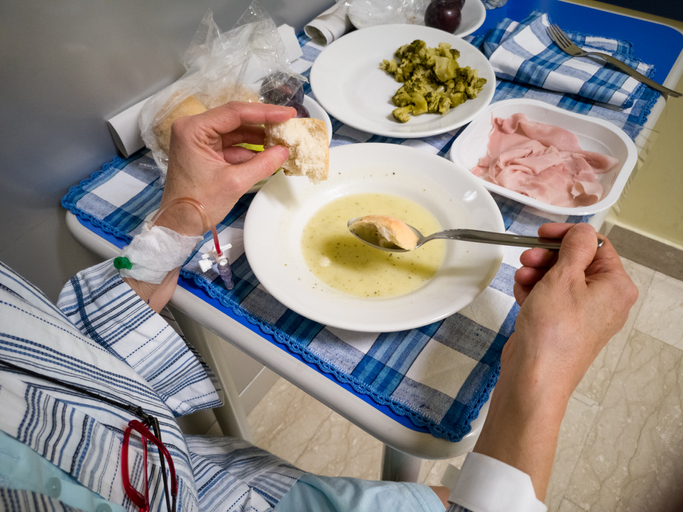Around 70% of patients with breast cancer experience taste alterations as a side effect of chemotherapy, which can diminish a patient’s quality of life (QOL). Unfortunately, treatment options are limited. Recently, researchers found that a self-monitoring intervention helped reduce negative cognition of taste alterations and improved patients’ discomfort.
Patients with breast cancer receiving outpatient chemotherapy were randomized to either a self-monitoring group (SMG; n=17) or a control group (CG; n=17) for nine weeks. In the SMG, patients tracked their taste symptoms, set goals with the researcher, and shared feedback four times every three weeks. In the CG, patients received conventional nursing support. Comparisons included symptom improvement, QOL, self-efficacy, recognition of taste changes, and more.
The patients had a median age of 48 years, with ages ranging from 33 to 75 years. The cohort was a mix of preoperative (n=8) and postoperative patients (n=26). Most patients had stage II disease in both the SMG (n=13) and CG (n=9), followed by stage I (n=3 and n=7, respectively) and stage III (n=1 each).
The SMG had much lower perceived change in taste scores than the CG (P=0.009), and lower concern during treatment scores (P=0.015).
The researchers noted that there were no between-group cognitive differences at the start of the intervention. However, “After nine weeks, the SMG was able to recognize vague and unpleasant tastes by doing their homework and by learning how to deal with one’s taste alterations. It was found that they could manage unpleasant taste.”
The study authors likened the intervention to cognitive-behavioral therapy, which utilizes self-monitoring and recording. In tracking their experiences, patients were better able to manage their eating habits when necessary and be aware of when it was most likely that changes in taste would strike.
The study was published in the European Journal of Oncology Nursing.
“Patients acquire self-management, which indirectly contributes to improved QOL and maintenance of self-efficacy. Thus, it is suggested that a self-monitoring intervention can be an effective nursing support to improve self-management for breast cancer patients with chemotherapy-induced taste alterations,” the researchers wrote in their conclusion.
Credit: Original article published here.









